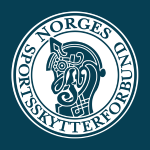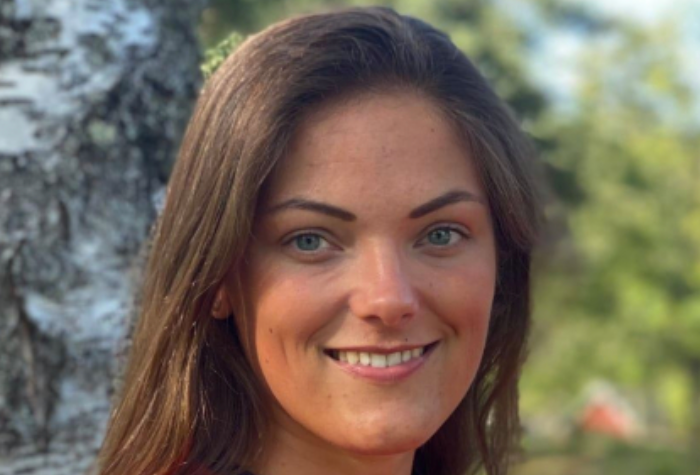ISSF-intervju med Jeanette Hegg Duestad
Det internasjonale skytterforbundets (ISSFs) Media Team har under overskriften «Paths to Paris» offentliggjort nedenstående engelske intervju med vår fantastiske utøver Jeanette:
Paths to Paris: Duestad reflects on Olympic equestrian inspiration, her “beautiful sport” and Norway’s shooting sport tradition
Norway’s Jeanette Hegg Duestad, 25, is heading for her second Olympics having finished fourth in both the 10m air rifle and 50m rifle 3 positions at the Tokyo 2020 Games. At last November’s World Cup Final in Doha she won bronze in the 10m air rifle and gold in the 50m rifle 3 positions, and she added gold in the latter event at the ISSF Final Olympic Qualifier in Rio. She won world gold in 2022 in the 300m rifle 3 positions in 2022.
You topped 10m air rifle qualifying at the Tokyo 2020 Games in an Olympic record of 632.9 points but then missed out on a medal by one place. How motivational is that for you as you head towards Paris 2024?
The Tokyo Olympics was overall really motivational because I saw that I was able to compete among the best shooters in the world, and I also saw my potential. Medal or not hasn’t been that important – my main motivation is to be able to go and do my best under pressure.
What are your hopes for Paris 2024 and plans for this season?
I hope that I’m able to deliver good competitions with good feelings. There are so many good athletes on the line, so my main goal is to be able to be as offensive and tough as I know I can be.
You earned gold and bronze at the World Cup Final in Doha last November and won the 50m rifle 3 positions at the Final Olympic qualifier in Rio. How important are these results to your confidence in this Olympic year?
They are truly important because I showed myself that I’m more than good enough if I manage to follow my plan step-by-step all the way.
In Rio you were pushed all the way by a 15-year-old, Switzerland’s Emely Jaeggi, who could now end up competing in Paris 2024. What are your reflections upon a sport that can see elite performances from ages 15 to 50 and beyond. And as a mere 25-year-old, how long would you like to continue at the top?
I think our sport is beautiful in this way. It is possible to be at the top for many, many years. I would like to continue as long as I’m able to put down all the work that I know is needed. To do so I need enough motivation, and the day my mind says, ‘enough is enough’, then I think it is time to step down.
Who or what was your Olympic inspiration in shooting and/or other sports?
Actually equestrian was my first Olympic inspiration. I have been horseback riding for as long as I can remember, and I remember that I woke up in the middle of the night to watch equestrian on TV during the Beijing 2008 Olympics
What started you in shooting and what is most satisfying about it?
I started to shoot by a coincidence. I really liked it and I think the most satisfying is the feeling you get when the pressure is high, you manage to do step by step of your procedure and then you can see through the sight that this shot was a really good shot, so you don’t even have to watch your screen in front of you.
What has been your biggest challenge so far in your career?
To actually understand that I’m good enough as long as I’m doing the work that is required. Still hard.
Which is the toughest aspect of shooting sport – the physical or the mental?
I think the mental. Many athletes have the chance to be good enough technical and physical, but it is really hard to combine these two and the mental aspect at the same time.
Are you a different athlete when you compete in the 10m air rifle and the 50m rifle 3 positions? Or is it all the same process? How do you approach each event and which do you prefer?
I’m really much the same athlete I think. I focus on my tasks, they are also quite alike, and I do the same preparations. It is really hard to choose which one I prefer, they have their own benefits each and one of them.
Norway has one of the longest Olympic traditions in shooting sport. Why do you think that is, how is the sport regarded now in your country and what do you think your nation’s prospects will be in the next few years?
I think many people have been shooting a lot for fun for many, many years combined with shooting traditions from the mid-1900s and also from hunting. So the combination of all these has made it into a family tradition for many people. We have many up-and-coming stars, so I think we will be able to compete among the best shooters in the world for many years to come.

